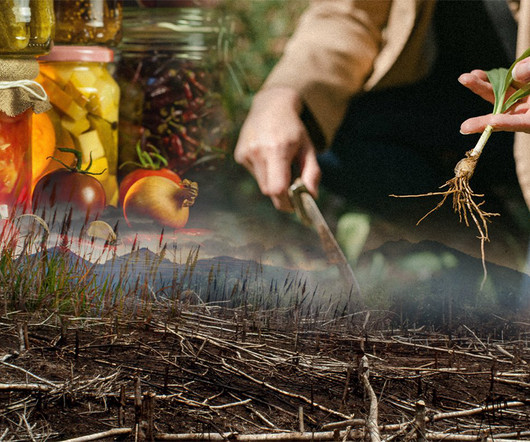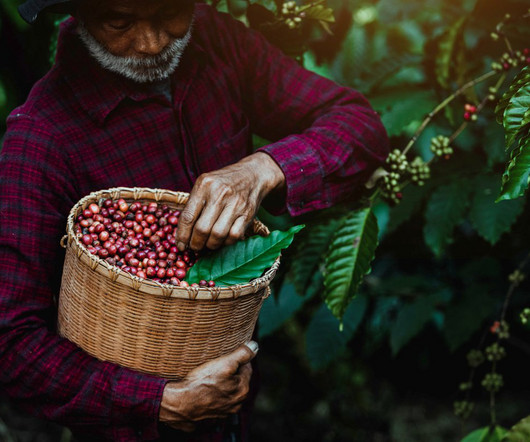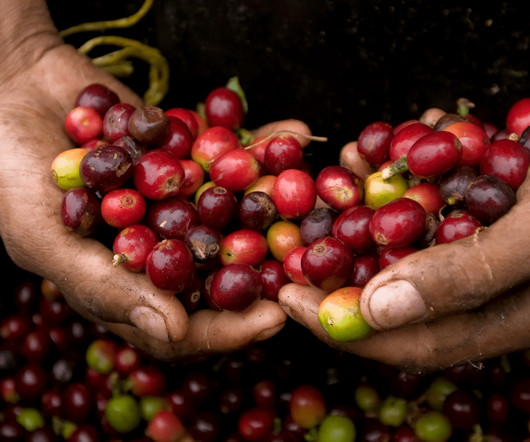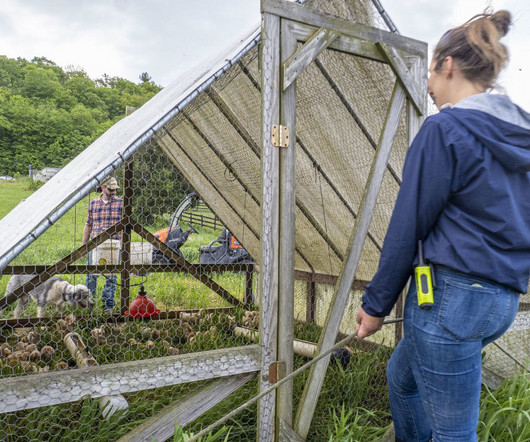Beyond Farm to Table: How Chefs Can Support Climate-Friendly Food Systems
Civil Eats
SEPTEMBER 23, 2024
It’s a tedious but worthwhile process: drying mushrooms, vegetables, and herbs, making pickles and slaw, and preserving garlic blossoms and coriander seeds in airtight jars before these ingredients vanish with the end of the season. are preparing for the dwindling of food in the coming winter. Take chocolate , for instance.












Let's personalize your content